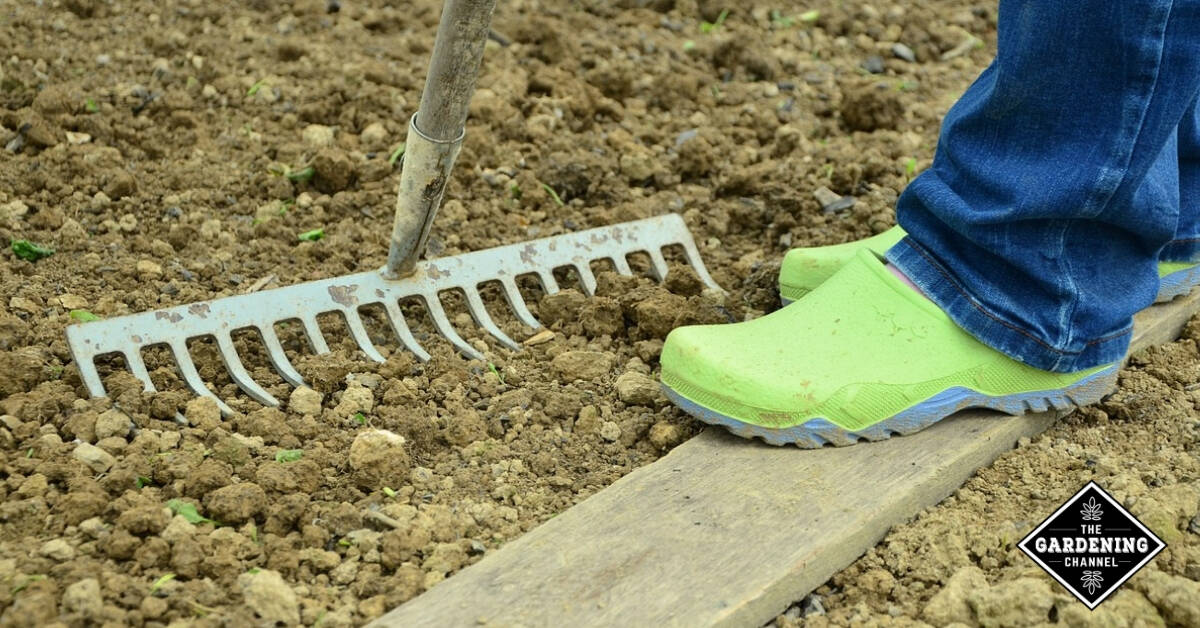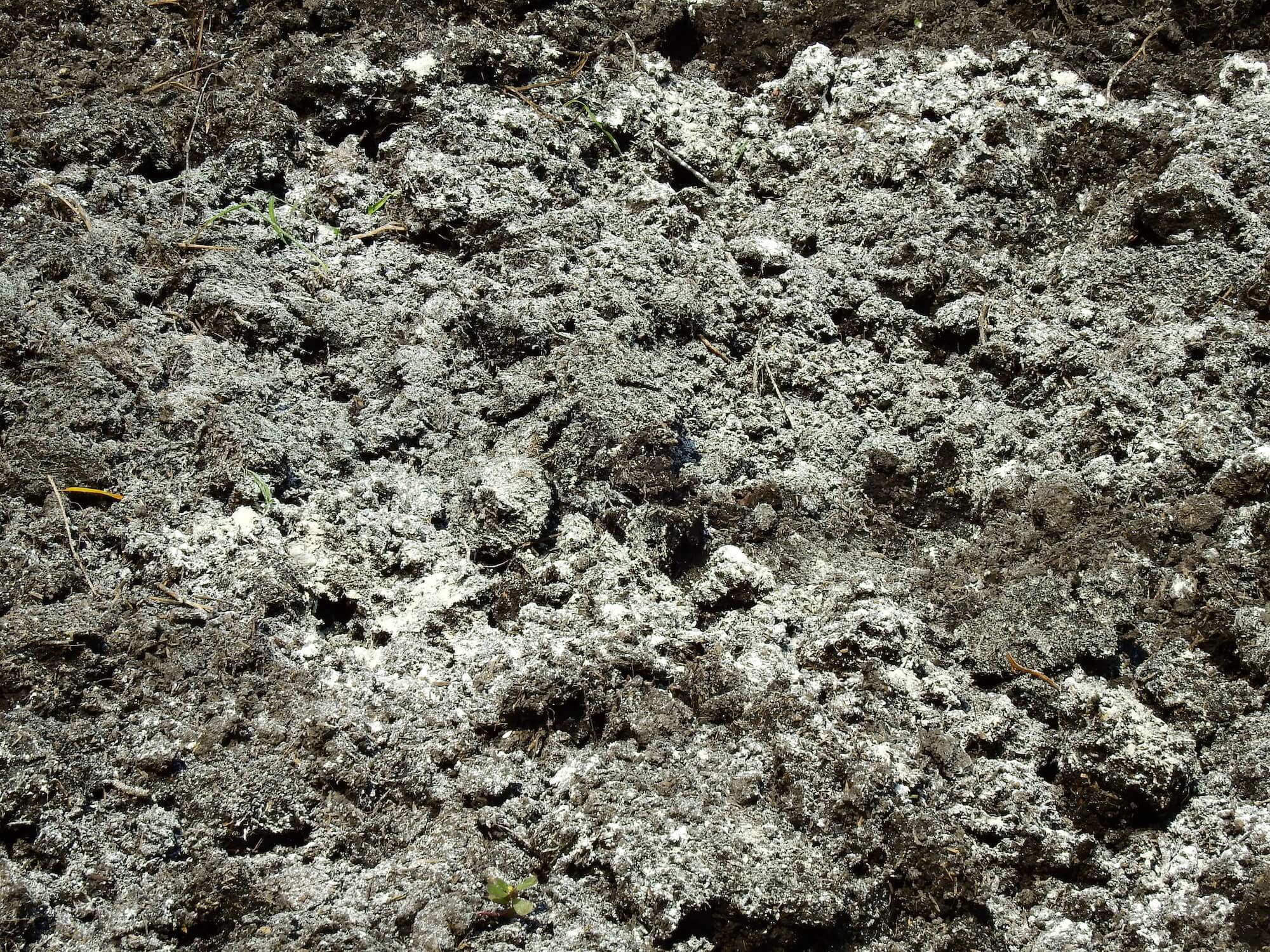Types Of Soil Amendments That Will Improve Your Garden
Title: Types of Soil Amendments That Will Improve Your Garden
Introduction:
Healthy soil is essential for growing healthy plants. Soil amendments are materials that can be added to soil to improve its quality. They can help to improve drainage, aeration, water retention, nutrient content, and overall soil health.
There are many different types of soil amendments available, both organic and inorganic. The best type of amendment for your garden will depend on the specific needs of your soil.
Main Content:
Organic Soil Amendments
Organic soil amendments are made from plant or animal materials. They are typically slow-release, meaning that they release nutrients over time. This makes them a good choice for gardens where you want to avoid fertilizer burn.
Some common organic soil amendments include:
- Compost: Compost is made from decomposed organic matter, such as food scraps, yard waste, and manure. It is a versatile amendment that can be used to improve a variety of soil types.
- Worm castings: Worm castings are the excrement of earthworms. They are rich in nutrients and beneficial bacteria, and they can help to improve soil structure.
- Manure: Manure is a good source of nitrogen, phosphorus, and potassium. It is important to choose manure that has been composted or aged, as fresh manure can burn plants.
- Peat moss: Peat moss is a light, fluffy material that helps to improve drainage and aeration. It is also a good source of organic matter.
- Wood chips: Wood chips help to improve drainage and aeration, and they can also help to suppress weeds.
Inorganic Soil Amendments
Inorganic soil amendments are made from minerals or other non-living materials. They are typically fast-release, meaning that they release nutrients quickly. This makes them a good choice for gardens where you need to boost plant growth quickly.
Some common inorganic soil amendments include:
- Lime: Lime is used to raise the pH of acidic soil.
- Gypsum: Gypsum is used to improve drainage and aeration in clay soils.
- Perlite: Perlite is a lightweight material that helps to improve drainage and aeration.
- Vermiculite: Vermiculite is a lightweight material that helps to retain moisture and nutrients.
How to Apply Soil Amendments
The best way to apply soil amendments will depend on the specific amendment you are using. However, there are some general guidelines that you can follow.
- Start by testing your soil. This will help you to determine the specific needs of your soil and the type of amendment that is most appropriate.
- Apply the amendment evenly. This will help to ensure that the amendment is distributed throughout the soil.
- Work the amendment into the soil. This will help the amendment to break down and release its nutrients.
- Water the soil thoroughly. This will help the amendment to settle into the soil and start to work its magic.
Conclusion:
Soil amendments are a valuable tool for improving the quality of your garden soil. By choosing the right amendment for your soil and applying it correctly, you can help to create a healthy, productive garden.
There are many different types of soil amendments available, each with its own benefits. To learn more about the different types of soil amendments and how to choose the right one for your garden, visit Home Gardening.
Image of types of soil amendments
- Compost is a mixture of organic materials that have been decomposed by microorganisms. It is a great way to improve soil structure, drainage, and water retention.

- Manure is another great source of organic matter. It can be used to improve soil fertility and structure.

- Leaf mold is made from the leaves of deciduous trees. It is a slow-release fertilizer that can help to improve soil structure.

- Peat moss is a lightweight material that can help to improve drainage and water retention. It is also a good source of organic matter.
- Vermicompost is made from the castings of worms. It is a high-quality fertilizer that can help to improve soil structure and fertility.

- Sand can be used to improve drainage in heavy clay soils. It can also help to aerate the soil.

- Gravel can also be used to improve drainage in heavy clay soils. It can also help to aerate the soil.

- Lime is used to adjust the pH of the soil. It can be used to make acidic soils more alkaline.

- Gypsum is used to improve the drainage of clay soils. It can also help to loosen compacted soil.

Post a Comment for " Types Of Soil Amendments That Will Improve Your Garden"